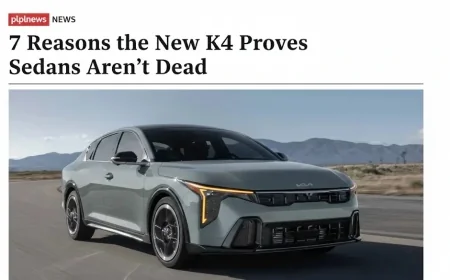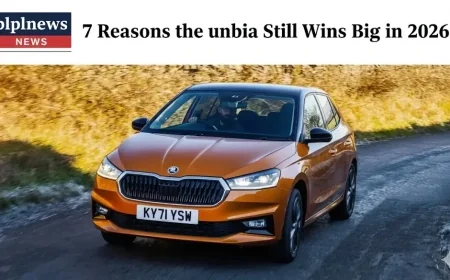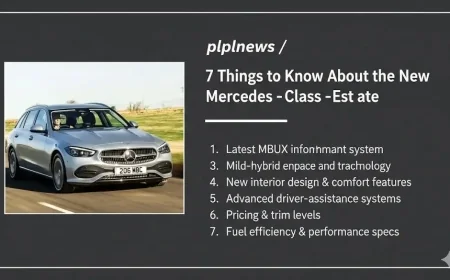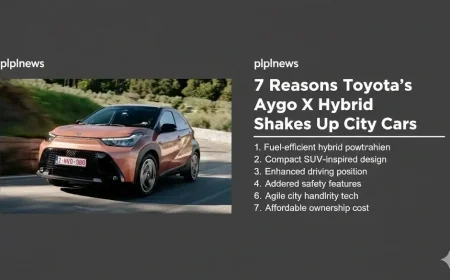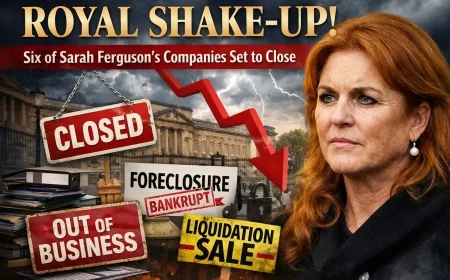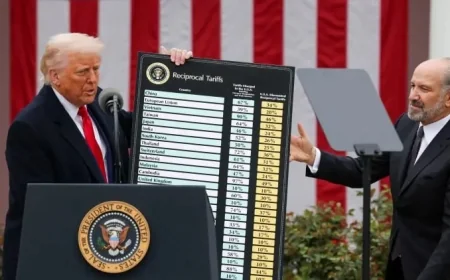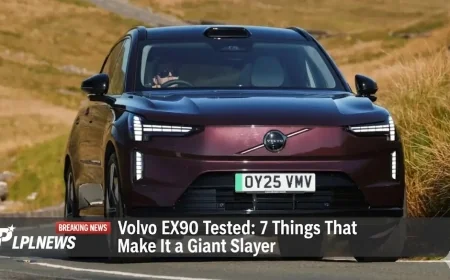New tax on electric vehicle drivers may be imposed in the Budget
A new tax on electric vehicle (EV) drivers may be imposed in this month's Budget Amid pressure on the Chancellor to raise billions of pounds in additional revenue, the BBC has learned that discussions are underway within the government on the possibility of a new tax on electric vehicles

A new tax on electric vehicle (EV) drivers may be imposed in this month's Budget.
Amid pressure on the Chancellor to raise billions of pounds in additional revenue, the BBC has learned that discussions are underway within the government on the possibility of a new tax on electric vehicles.
is A government spokesperson told the BBC: "Fuel duty covers petrol and diesel, but there no uniform duty for electric vehicles. We want a fairer system for all drivers."
This statement comes after a report in the Daily Telegraph stated that, following consultation, a new per-mile charge for electric vehicles will be included in the Budget from 2028.
According to the Telegraph, electric vehicle drivers could be charged 3 pence per mile in addition to other road taxes, which would equate to an additional £12 on a journey from London to Edinburgh. Drivers of hybrid cars would also be charged, but at a lower rate.
The newspaper says the idea is that owners will have to estimate their road usage for the coming year and pay for it. If they had driven fewer miles at the end of the year, they would receive a credit for the future, but if they had driven more miles, they would have to pay a top-up fee.
Drivers of petrol and diesel vehicles pay fuel duty, so the transition to electric vehicles reduces government revenue, which is already under significant pressure.
From April this year, due to changes made in the 2022 budget, electric cars will no longer be exempt from vehicle excise duty.
A government spokesperson told the BBC, "We want a more equitable system for all drivers while supporting the transition to electric vehicles."
They added, "It's fair to demand a tax system that provides fair funding for roads, infrastructure, and public services."
However, he said the government still supports the transition away from petrol and diesel, and pointed to the £4 billion in support already being made available, including grants to reduce upfront costs of up to £3,750 for each eligible vehicle.
He added, "We will consider further support measures to make electric vehicle ownership more convenient and affordable."
Shadow Chancellor Mel Stride disagreed with the plan to tax electric vehicle drivers, saying now was not the time for "another tax raid."
The Conservative MP said, "It would be wrong to target commuters and car owners in this way to fill the black hole created in public finances by Rachel Reeves."
As petrol and diesel cars are removed from the roads and the trend towards electric vehicles increases, concerns are growing about the emerging "tax gap."
This has brought the pay-per-mile system into the spotlight, but it has also faced opposition from some quarters.
The Society of Motor Manufacturers (SMMT) said that imposing a per-mile tax on electric vehicles would be "the wrong move at the wrong time."
It added, "Imposing a complex and costly system that targets the very vehicles that manufacturers face challenges selling would be a strategic mistake." AA President Edmund King said the government is facing a decline in fuel duty revenue, but unless its actions slow the trend toward electric vehicles, it should proceed cautiously.
He added that car sales indicate the government will not be able to meet its zero-emissions target this year, and that details of the proposal are needed to determine whether "these new taxes will be appropriate or a referendum on wheels."
Car sales platform Autotrader said the government needs to offer "more incentives and fewer penalties" for the adoption of electric vehicles.
Its Chief Executive Officer, Nathan Coe, said that imposing a per-mile tax on electric vehicles would increase their operating costs and therefore could impact demand.
"Right now, the big difference is that although electric vehicles have a slightly higher initial cost, they are much cheaper to run. This offsets this advantage to some extent."
Mr. Coe said that a similar increase in fuel duty, which would affect petrol and diesel vehicle owners, would "clearly help" the adoption of electric vehicles.
What's Your Reaction?
 Like
0
Like
0
 Dislike
0
Dislike
0
 Love
0
Love
0
 Funny
0
Funny
0
 Angry
0
Angry
0
 Sad
0
Sad
0
 Wow
0
Wow
0





